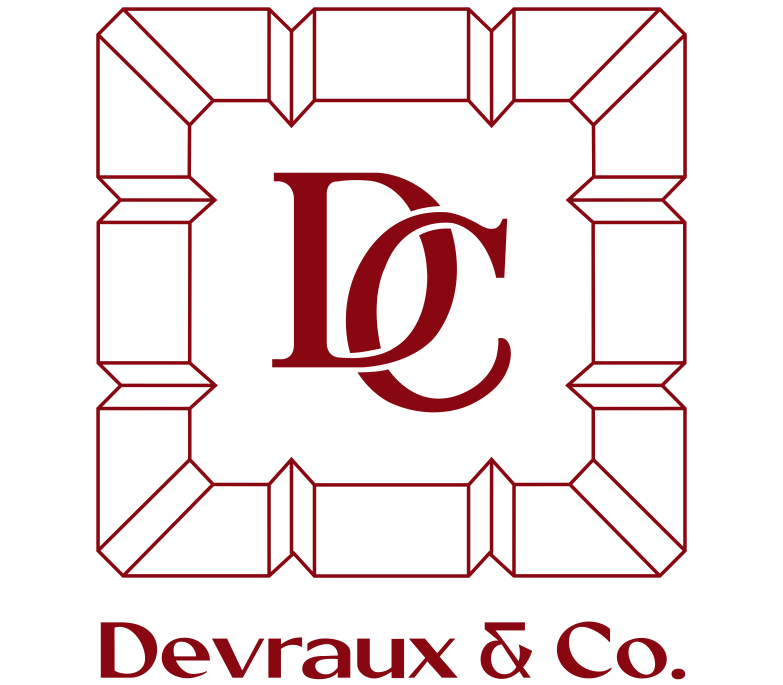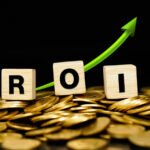Introduction
Equine welfare isn’t just a noble cause. It’s a legacy statement. As family offices and investment institutions evolve, equestrian initiatives become powerful channels for purpose-driven wealth.
Rooted in compassion, equine welfare reflects heritage, responsibility, and refined stewardship. Whether it’s elite polo or rural sanctuaries, horses have historically bridged nobility, utility, and symbolism. Today, these associations find institutional form through stables, sports teams, and humane centers that serve as living embodiments of philanthropy and prestige. It provides sanctuary, care, and dignity to abandoned or injured horses, blending veterinary science with emotional well-being.
“Philanthropic trusts, athlete-endowed scholarships, or estate-planned equine centers allow investors to shape impact. These structures ensure continuity, governance, and social resonance.”
Devraux’s Indian Equine Humane Centre (IEHC) is a pioneering effort in ethical equine rehabilitation. It provides sanctuary, care, and dignity to abandoned or injured horses, blending veterinary science with emotional well-being. For investors, IEHC offers a framework where wealth nurtures life and legacy. Simultaneously, Devraux’s Suneendra Sports Corporation (SSC) has become a symbol of excellence in polo—India’s regal sport. With a team of elite athletes, world-class ponies, and global winds like the Indian Open, SSC fuses sportsmanship with strategic branding.
The major take on the topic
Transitioning wealth towards a future prioritizing equine welfare begins by asking core questions: What heritage are we trying to preserve within the equestrian world? What growth do we hope to foster in the well-being of horses? And what kind of enduring impact should our wealth create for these animals over time? Equine welfare initiatives offer more than just humane treatment; they introduce a new way of aligning financial capital with horses’ long-term health, care, and resilience. Families, businesses, and institutions prioritizing this space often structure their investments to reflect legacy and charitable intent. This can involve setting up purpose-driven foundations or dedicated equine welfare funds that balance philanthropic impact with sustainable financial management.
The aim is to blend wealth preservation with mission-oriented growth to benefit horses. Structures like endowments for rescue organizations, charitable remainder trusts benefiting equine sanctuaries, and impact investments in equine-assisted therapy programs offer investors tangible financial pathways while accelerating positive animal outcomes. Legacy families are also establishing family trusts and advisory boards that include heirs in decision-making, nurturing equines’ well-being and the next generation of responsible philanthropists.
- Tailored Equine Trusts & Charitable Endowments
- Intergenerational Stewardship Frameworks
- Adaptability in Philanthropic Portfolios
This ensures a seamless connection between generational aspirations and their execution; transparency, clear intent, and a shared vision are the fresh cornerstones of this evolution. It compels investors to look beyond.
Conclusion
At Devraux & Co., we’re deeply committed to this domain through initiatives like Hoofprint Haven. Hoofprint Haven backs comprehensive rehabilitation for neglected equines, champions educational outreach on ethical horse ownership, and facilitates adoption services for retired or at-risk horses. It also serves as a vital research center, blending advanced veterinary science with time-honored horsemanship. This is an approach that doesn’t just support; it profoundly heals. For investors who seek to make an indelible mark, this is where the spirit of giving meets the horse’s soul.
Progressive investors are also exploring “animal impact assessment,” which quantifies the positive contributions of investments to animal well-being as an integral part of an organization’s financial reporting. This aids in evaluating both ethical contributions and long-term resilience, which is particularly relevant in an era of heightened animal consciousness. Public awareness also significantly influences the market. Major suppliers of equestrian products and organizers of horse events are revising their operational policies to favor ethical sourcing and welfare-centric practices. This opens market access and scales opportunities for ventures aligned with these principles. Advocating for equine welfare is about harmonizing purpose with profound charitable influence.



